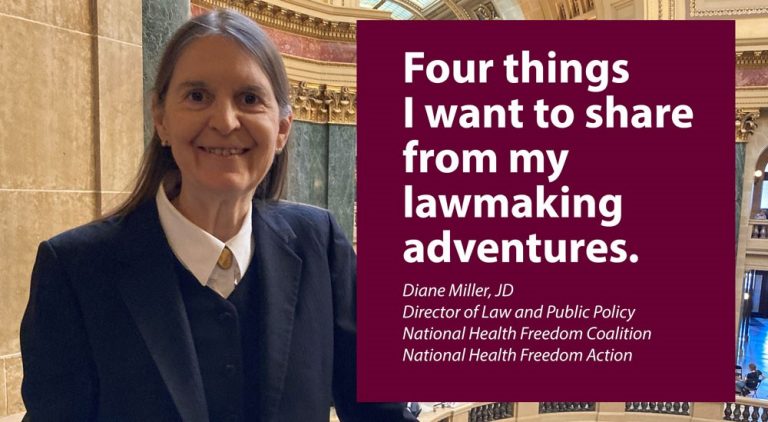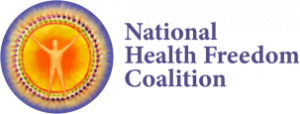
Reflections on Law and Liberty in the US
We are a country founded on laws. And a country founded on liberty. Laws, made up of words. And liberty, a value, acknowledging the free will and autonomy of an individual’s life journey. The words that our country was founded upon, and the liberty we seek to preserve, have been agreed upon by the people whom they serve, starting with the United States Constitution, the overall “law of the land.” Liberty-imbued words are our beacon of authority. We declined the authority of Monarchs and Emperors and agreed in the Declaration of Independence before the Constitution was written that: “We hold these truths to be self-evident, that all men are created equal, that they are endowed by their Creator with certain unalienable Rights, that among these are Life, Liberty and the pursuit of Happiness.”
As we continue to evolve in our understanding and respect for each individual’s journey, the words within the Constitution serve as powerful tools to protect liberty and freedom. The constitutional standards by which we uphold these words are heightened, and strengthened, as challenges come forward in our court system.
Beyond the Constitution, the people write and pass more specific laws to address the issues of the day, but always guided by and according to the law of the land. When we say “people,” we use and look to our representative government described in the Constitution to get things done, like lawmaking and enforcement. The representatives chosen by the people are centrally important in the making of laws, and that puts the process of choosing the representatives as an activity that the people need to be actively involved in as we evolve and create our future together. Our own participation of supporting our representatives and sharing our views and wishes with those representatives is essential.
Four things I want to share from my lawmaking adventures:
1. Know Existing Law
Knowing the law is critical to continuing the tradition of designing words imbued with liberty to guide us. A poignant time for me, when this issue of knowing the law came up was when I was a young attorney, and I was asked to help defend a farmer who was being criminally charged for practicing medicine without a license for curing former Congressman Bedell with his dairy colostrum. My question was: “What law would put a farmer in jail for helping someone get well?” I was stunned to learn that there are laws in many states that prohibit regular people from helping to heal each other. And when these types of restrictive laws have been challenged, they were ruled to be constitutional. I was appalled and wanted to change those laws to protect healers and access to them. My passion led me to learn how to change laws that we don’t like! You need to know the law in order to figure out what you want and what is the best way to change it. So, number one: if you are having a problem with the way things are going on a particular issue, the first step is to know and understand the existing law. It is a good idea to have an attorney or a person well versed in laws to help study and understand the existing laws.
2. Craft Solutions That Honor the Spirit of Freedom
Some will say making laws is like making sausage, a little bit of this and a little bit of that. The mix of relationships and conversations involved in changing a law can get very complex. But I always recommend starting with a trusted team that is up for the challenge of thinking through creative solutions and who have studied the existing law. I ask, “What is your vision for all?” And keep in mind all potential opponents and proponents. Create the intention and the model you wish before you begin to enter the complex conversation with other players. It’s sort of like having a light house for when waters get rough; you can keep your eye on the shore of safety and hope for the best. Yes, it is true, often compromises are necessary given the vast array of viewpoints, concerns of multiple parties, relationships and power structures. But I find that if our intentions are clear and based in truth, the chances of our efforts prevailing and surviving are much better.
3. Honor Relationships
Clinton Miller, my mentor and long-time lobbyist of the National Health Federation (deceased at age 91) believed that each person, every leader, every legislator, every Congressman, is a good person, and is educable. He insisted that in the situation of debate and conflict “the good guys always win.” Do you believe that? When you are in the thick of a fear-based conversation, and you are in the middle of the battle of words, and people’s lives depend on what those words say, it is hard to believe that all people are worthy opponents. But it is essential to continue the conversation until you can find common ground that includes the vision of having a country founded on words imbued with liberty and the spirit of freedom. For convenience it is easy for those working as regulators or elected officials to design solutions that are efficient and workable for the masses and special interests, but that do not protect freedom. Relationships with lawmakers where efficiency and management are honored, but liberty words are preserved and articulated, are important ingredients in shaping and passing laws that reflect the unique spirit of our country.
4. Show Up
If regular ordinary people are not part of the lawmaking process, then laws might be passed that do not reflect the freedoms they hold dear. And in a time when massive quantities of information are available, and easily manipulated, I firmly believe that showing up, paying attention, and telling the truth are actions that are needed to preserve the spirit of liberty one-hundred-fold. The human experience, the interchange between us, the conversation of freedom and the search to find ways to live in harmony with each other and the earth, are potential avenues of truth. It is age-old wisdom that truth makes its way to the right people at the right time. We are carriers of truth. We just have to show up and participate in the conversation of truth, freedom, and liberty.
May our adventures into laws and liberty bring us all a harmonious joyful future!
Diane Miller JD Co-founded National Health Freedom Coalition and National Health Freedom Action over two decades ago. Since then, she has worked tirelessly to promote health freedom. She is the Author of Principles of Health Freedom, and Health Freedom, The Greatest Freedom of All.
